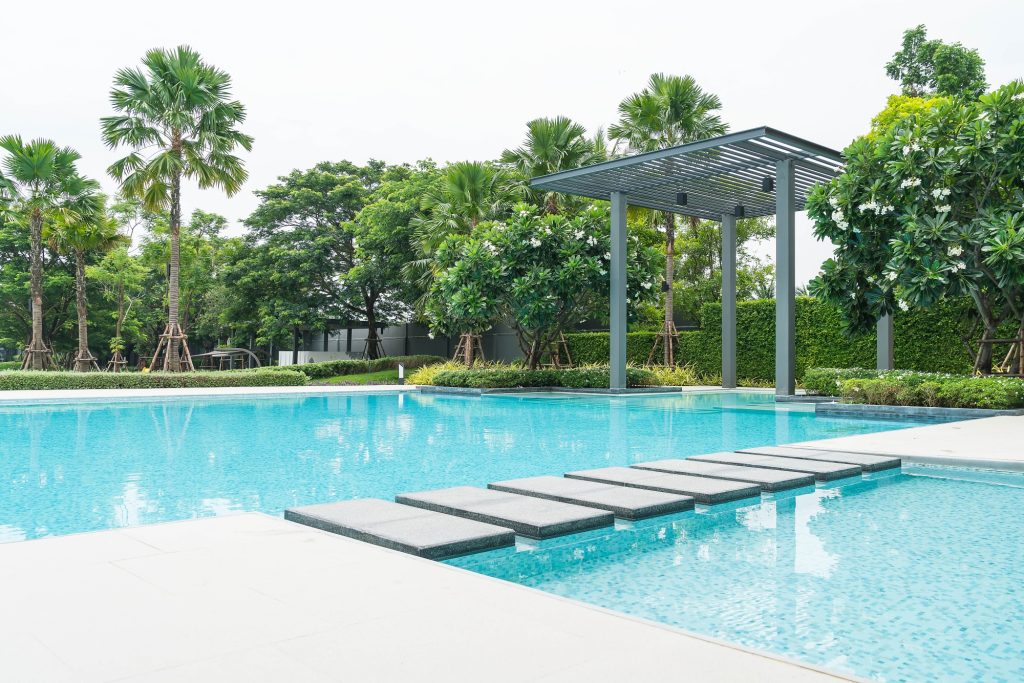Vancouver Park Board has recently approved a new policy that outlines the appropriate swimwear to wear in city pools. The staff report that included the proposed policy sought to define acceptable attire.
The report defines appropriate swimwear as what other Canadians consider acceptable in a public family swimming environment. It also recommends that swimwear should cover the entire private area, not be worn for sexual purposes, and not be made of materials such as denim, which can absorb moisture easily.
Swimsuits are the only type of clothing that is appropriate for swimming. This includes bathing suits, board shorts or swim trunks, T-shirts, shorts, Burkinis, swim Hijabs, leggings, tunics and leggings, rashguards and wetsuits.
Staff at the city’s aqua centres requested that a policy be developed to guide them in situations where patrons’ attire might attract attention. The different levels of tolerance between staff and the public made it difficult to decide what type of swimwear was acceptable in public aquatic facilities. The city staff claimed that the proposed policy addressed concerns about swimwear that could pose safety risks. They stressed the importance of allowing free movement, not affecting buoyancy and not increasing safety risks for lifeguards or swimmers.
Tom Digby, Commissioner of the City of Toronto, expressed his support for this policy. He noted that it protected human rights and freedoms of expression as well as ensuring a safe environment for swimmers. He thinks that the decision to wear certain clothing in the city is complex, as some people might feel uncomfortable wearing certain types of swimmingwear.
The board also approved a change to the policy to make it a pilot project for 12 months, which will allow future modifications.
Digby believes that despite a B.C. Digby feels that despite a B.C. In 2000, a woman was found guilty of violating a bylaw for going topless at a city pool. The charge against her after the ruling was dropped.
Edmonton, on the other hand, recently changed its topless policy to allow everyone, regardless of gender identity, to lounge and swim without tops.
According to a report by CBC News Vancouver residents Brianne Wong and Andre Boehm expressed their concern about the policy. Boehm was concerned that such policies would lead to discrimination towards marginalized groups, such as people with darker skin, those who have larger bodies and transgenders. Wong thought it would be hard to enforce a swimwear rule, because there are so many people who have different preferences about what they wear when swimming.
The article Vancouver approves swimwear policy for city pool first appeared on Pool & Spa marketing.








